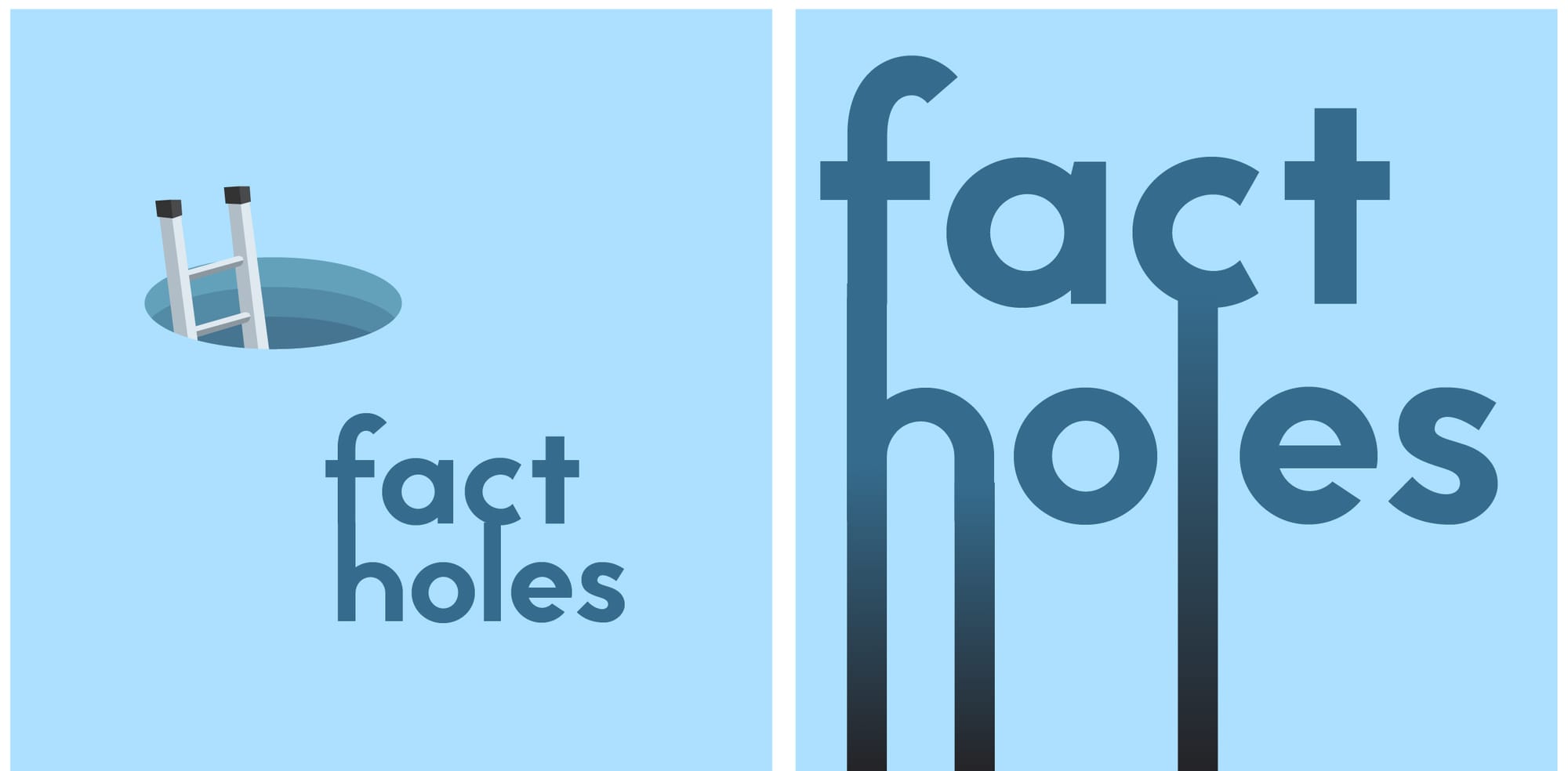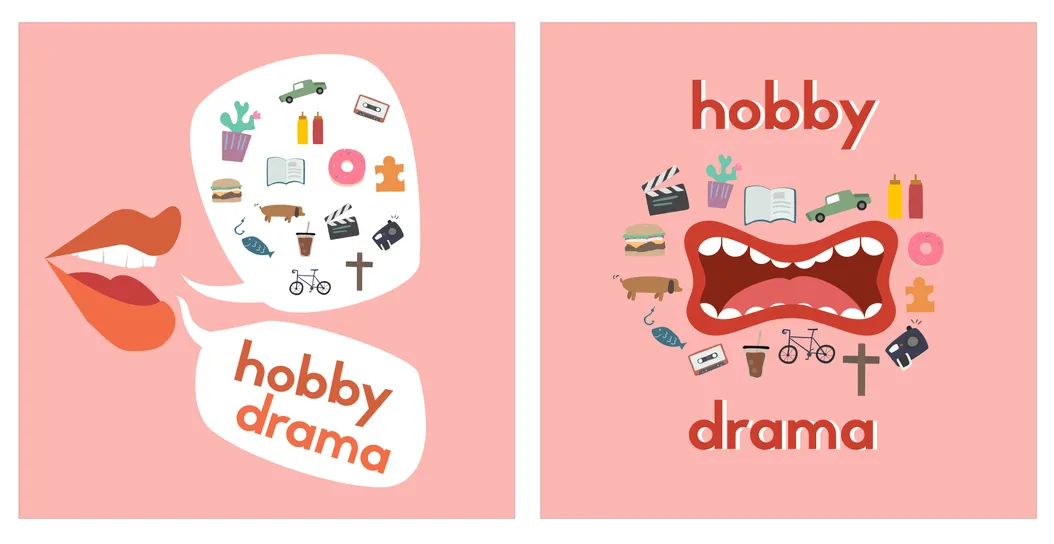
Description: Did you know Washington had wooden teeth? Or that a neural network trained to detect tanks instead learned to detect time of day? Or that victims leave and return to an abusive relationship an average of seven times before finally truly go? Maybe you’ve heard these facts and stats. The problem is that none of them are true.
On Fact Holes we pull back the curtain on where facts come from, how they get repeated, and how journalists and researchers try to confirm them. From statistics about abuse victims, to stories about bass (the fish), to claims of laundry delivered by steam boat from Hawaii, we try and get to the source of stories oft-repeated but rarely confirmed. Journalists bring their deepest fact holes, and explain how they got to the bottom of them — and if they can’t, host Alexis Madrigal calls in the reinforcements and tries to find the source for them with the help of historians, librarians, and some good old fashioned sleuthing.
Sometimes the stories are true. Sometimes they’re not. Most of the time, it’s somwhere in between. In a world where a fact (true or false) can spread across the globe in seconds, it’s crucial that we all understand our role in spreading information, and Fact Hole helps reveal just how challenging it can be to get to the source on some of these stories, and why it’s so important to do so. Listeners will leave with a clearer picture of what journalists do, along with tools that they themselves can use to confirm facts they encounter. Plus, you’ll now be able to correct your know-it-all uncle at Thanksgiving.
Host: Alexis Madrigal
Executive Producer: Rose Eveleth
Comps: You’re Wrong About meets Longform.
Sample Episode 1: I recently ordered every issue of In-Fisherman magazine published in 2001, so I could fact check a story about pike. Hear how, and why, I spent $20 to get to the bottom of a factoid swimming in a lake in Minnesota.
Sample Episode 2: Like me, Emma Maris has a tendency to fall down Fact Holes. She joins the show to talk about her quest to check a statistic about the increased yield of hybrid crops compared to parents, which led her to the Iowa Year Book of Agriculture from 1934, and no clear answers.
Sample Episode 3: Noah Veltman (who you might remember as the judge, jury and executioner of Pun Court) once read that 1866 half of the Mississippi state budget was spent on arificial limbs for Civil War veterans. This seemed incredible to him, and sent him down a very long Fact Hole trying to find a source, eventually leading him to the library and a stack of Mississippi budget documents from the 1800’s.
Audience: People who love fun facts, and like saying “well ACTUALLY” at parties when people cite fun facts. People who are interested in understanding how we create a shared body of knowledge, and who want to be better at vetting and understanding the news, and other forms of media they may encounter.
These podcast ideas are for fun. Hosts and guests have not signed on in any way. I’m making stuff up here! If you like an idea enough to be tempted to steal it, don't do that. Be cool. Send me an email: rose@roseveleth.com.
Long live independent podcasts. Long live bad ideas.

